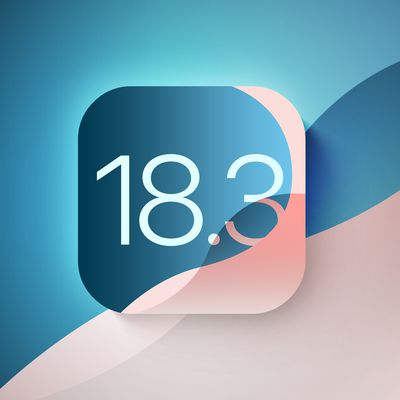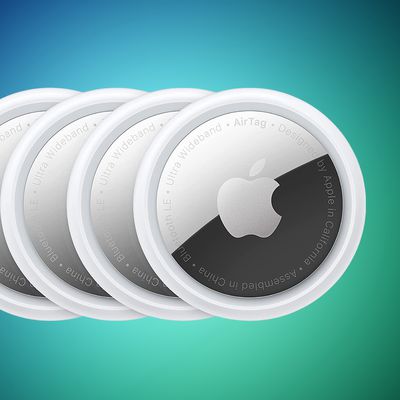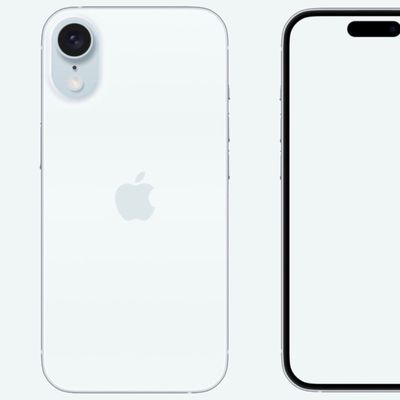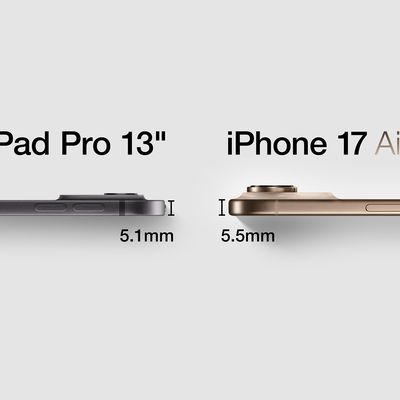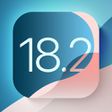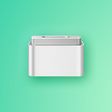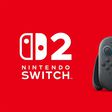The first iOS 7 game controller launched today, with MOGA officially announcing its MOGA Ace Power controller for the iPhone 5/5c/5s and the fifth-generation iPod touch. The expandable controller is designed to plug into the Lightning port on Apple's newer devices and features dual analog sticks, a d-pad, action buttons, a headphone jack, and L1/R1 L2/R2 buttons.
MOGA's controller includes MOGA Boost, which will charge an iOS device while it is plugged into the controller, extending gameplay. It also has an LED battery life indicator, a pause button, and a button that controls the lock functionality on the iOS device.
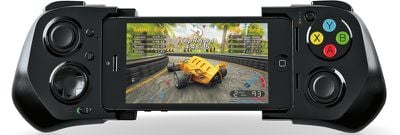
Rumors of MOGA's controller originally surfaced shortly after WWDC, where the controller API was first revealed. In addition to MOGA, other companies like Logitech are also said to be producing iOS game controllers with similar features.
Eli Hodapp, editor-in-chief of our sister site TouchArcade, had the opportunity to go hands-on with the MOGA Ace Power and he has a detailed review along with a video demonstrating how the controller works.
According to Hodapp, while the Ace Power has a lot of potential for games like shooters and titles originally developed for consoles, it does suffer from some significant limitations and issues. Two major complaints were its Lightning port connection, which prevents it from functioning with the iPad or Apple TV, and a lack of testing by developers who have already implemented support into their apps.
Even in the best games, rough edges are everywhere when using an iOS 7 controller. Virtual buttons still persist on screen regardless of whether or not you're using a controller in most of the games I've tried. I've been the most excited for the potential of Bluetooth iOS 7 controllers, and having one that uses the Lightning port is vaguely disappointing because of the limitations it imposes.
The latency introduced through AirPlay is substantial, and I can't imagine anyone playing a game on their TV via AirPlay using a controller for anything past the initial "Huh, well that's neat," sensation. It's "playable," in massive air quotes, but isn't a great experience by any means.
In comparison to a standard console controller, Hodapp also pointed out that the MOGA Ace Power didn't feel worth its substantial $99 price tag, due to its texture, the rattling of the sliding mechanism, and the buttons. Despite these negatives, he declared it an important step forward in iOS gaming.
At the current point in time, multiple games offer iOS 7 controller support, including titles like Bastion, Dead Trigger 2, and the recently released Oceanhorn. Additional developers will build controller support into their apps now that the hardware is available to consumers, and software support is also likely to improve with an actual product available for testing.
The MOGA Ace Power controller, priced at $99, will be available from the MOGA website, the Online Apple Store and Apple retail stores on Wednesday. For additional details on the Ace Power, make sure to check out the full TouchArcade review.





